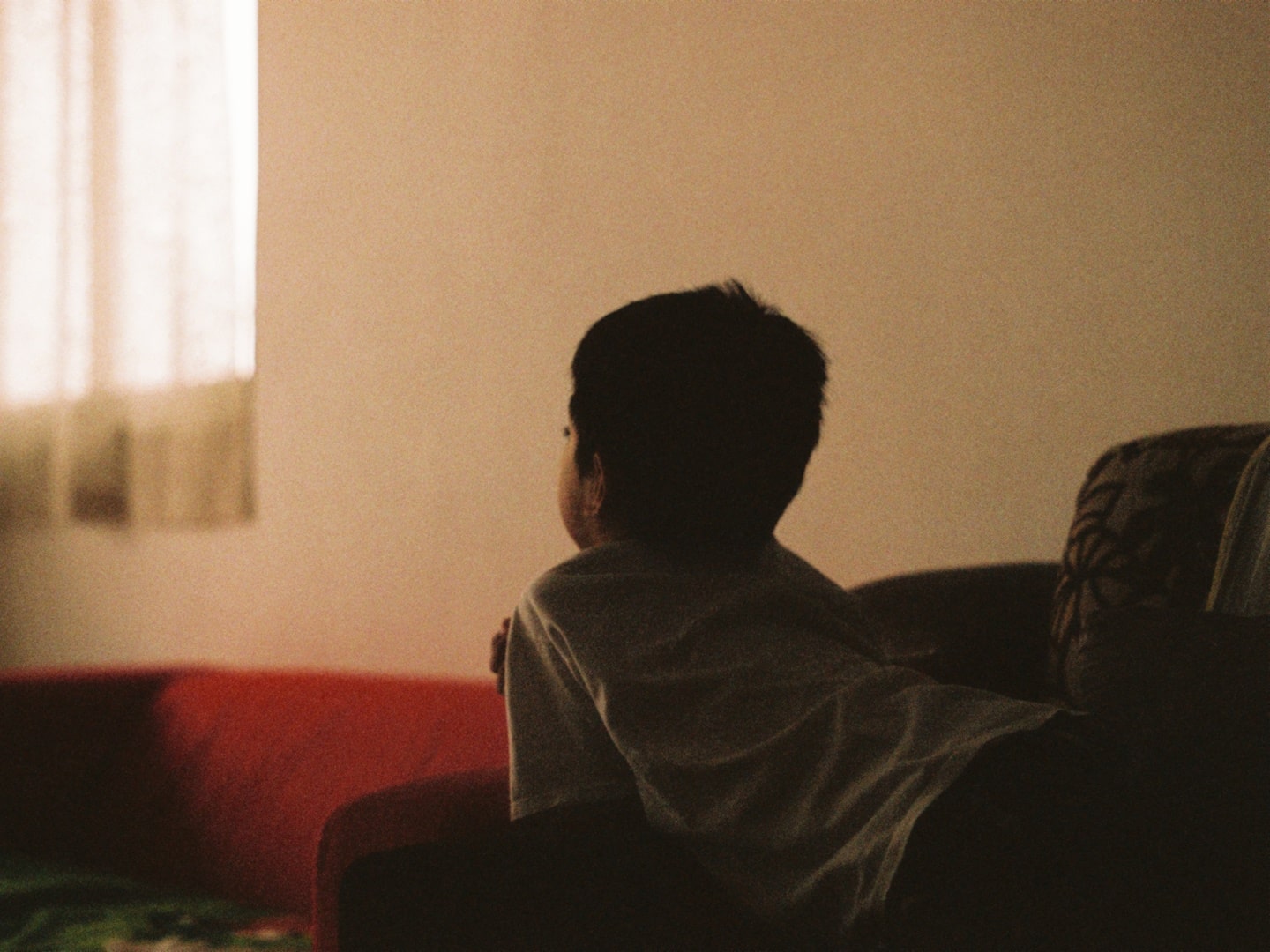Living in times of crisis can shake us to our core, but there is also a chance for humanity to radiate the best parts of its nature – to be creative, compassionate and generous. What better time than now?
We’re seeing generosity and creativity in the Warm Welcome Campaign, which currently has over 3000 warm spaces registered for those who cannot afford to heat their homes this winter. The voluntary sector is working hard to support millions living in poverty—those who cannot keep up with essential bills and are without food and/or warmth. Many councils are putting maximum effort in to ease the strain of the cost of living crisis on community members but there is a hard truth that lives alongside best efforts; Cllr Trish Hardy told the Liverpool Echo:
While I am so proud of the way that groups and organisations have stepped up to meet this challenge, I am dismayed that in one of the richest countries in the world, we are having to put in place measures that help people in Sefton with the cost of simply surviving.

A recent report by the Joseph Rowntree Foundation (JRF) suggests that the economic challenges in the UK are part of a pattern of the intensification of poverty that has been underway for years.
It’s no quick fix.
Whilst individuals and organisations fight for policy change, early intervention and systemic overhaul, bills must be paid, homes heated and children fed, loved and parented – in spite of the circumstances. At Kids Matter we are deeply aware that mums, dads and carers living in poverty want to do the best for their children but lack the support and community to be confident and competent in their parenting.
Research shows that economic disadvantages increase the chance that children will fail to thrive and yet Action for Children’s Parenting services under pressure report reveals that families who could benefit the most from key parenting support services were least likely to have accessed them:
- Parents of lower household income were less likely to have accessed parenting support than high income parents.
- Parents in the lowest household income group are 40% more likely to have faced difficulty in accessing support than those in the highest income group (35% compared to 25%).
- Black, Asian and minority ethnic parents, younger parents, and fathers, were also more likely to have faced difficulty accessing services.
When parents don’t get the support they need, children are impacted.
There is a media-propagated rhetoric that poor parents are poor parents, which simply isn’t true. What we do know, however, is that low-income parents are less likely to be nurturant or to supervise their children adequately, and are more likely to use inconsistent, erratic and harsh discipline. If poverty is no quick fix, how can we best support families facing disadvantages?
In a study referenced in the Relationship between parenting and poverty report, researchers found that parents who had strong social support were less likely to be affected by the stress of economic hardship and less likely to become depressed.
It is for these reasons that Kids Matter focuses on parenting as a means to reduce the impact of poverty on children in need. For children to thrive, it is important for mums, dads and carers to increase their own wellbeing and confidence in their parenting skills. We want to see every child raised in a strong family and it is critical that parents feel equipped to build strong relationships with their children, which not only impacts child wellbeing and future outcomes but also reduces the social and financial costs of family breakdown.
The reality for the UK is that more and more children are being raised in poverty. According to the Going without: deepening poverty in the UK report (July, 2022), between 2002/03 and 2019/20 the number of people in very deep poverty (below 40% of median income after housing costs) increased by 1.8 million, from 4.7 million to 6.5 million people. The pandemic dragged low-income households deeper into debt, and a recent JRF survey of low-income households shows the rising cost of essentials means a huge increase in families going without. It found 5.2 million households (45%) either cutting down on or skipping meals, or going hungry in the previous month, and 3.2 million (27%) unable to adequately heat their home since the start of 2022.
Poverty is deepening. What might these figures look like in a year or two?
The need is urgent but the repercussions are not inevitable.
Our evidence-informed parenting programmes equip mums, dads and carers with the confidence, competence and community they need to enable their children to thrive. Our free, friendly groups run in communities and in prisons, for families facing disadvantages with children aged 1-10 years (Kids Matter in the Community) as well as expectant parents and those with new babies (Babies Matter).